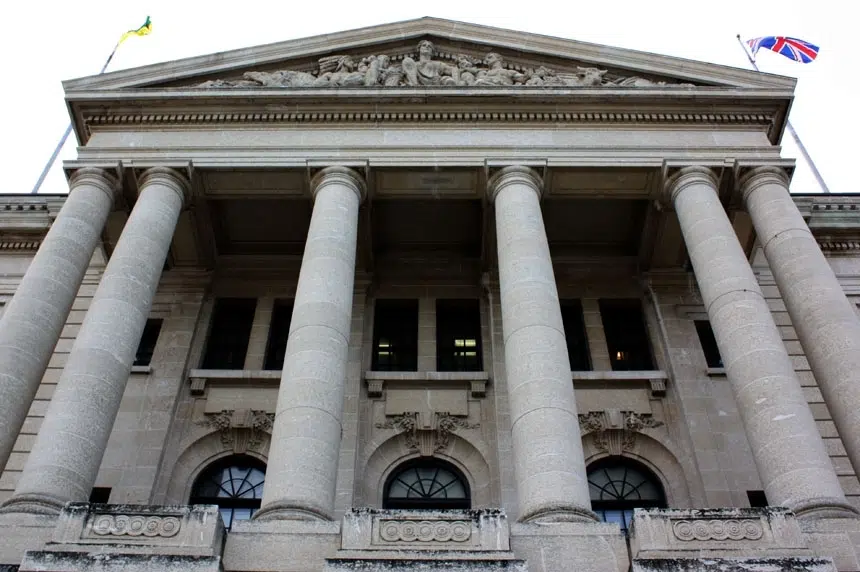The provincial government is doing some last-minute accounting to find the cash to make up for an extra $369 million in expenses across 11 different ministries this year.
Since the legislature isn’t currently in session, the minister of finance ordered a special warrant for the funds, which requires official approval from the lieutenant-governor of Saskatchewan.
Special warrants are issued when there isn’t enough money specifically budgeted to meet expenses considered to be “urgently required” for the public good.
A government report on the special warrant outlines exactly where these funds are going. It includes: $170 million for wildfire management, $24.5 million for the Saskatchewan Prescription Drug Plan, $13.2 million towards education, and $10 million for municipal support.
A full breakdown of expenses totalling $369,100,000 can be found here.
The money will go to pay for expenses from this fiscal year, which ends in March. It will be accounted for in a third-quarter financial update when the province releases its 2020-21 budget.
In response to an interview request, the Ministry of Finance released an emailed statement explaining special warrants show spending pressures in the past year. A large portion of the $369 million is also already accounted for within the budget, but the special warrant is required to track the money as it is moved around.
The government states $179 million represents a direct transfer of money between the ministries of Environment and Government Relations to the Saskatchewan Public Safety Association (SPSA) so it won’t have an impact on the bottom line of the budget.
An additional $51 million going to the Saskatchewan Health Authority is also already accounted for in the budget, but goes toward addressing various cash flow expenses such as paying off lines of credit.
With $230 million already accounted for, the funds from the special warrant will total $139 million in additional summary expenses within the budget. The province maintains the budget is still strong, noting revenues and savings in other areas should help offset these extra financial costs and still lead to a surplus.











